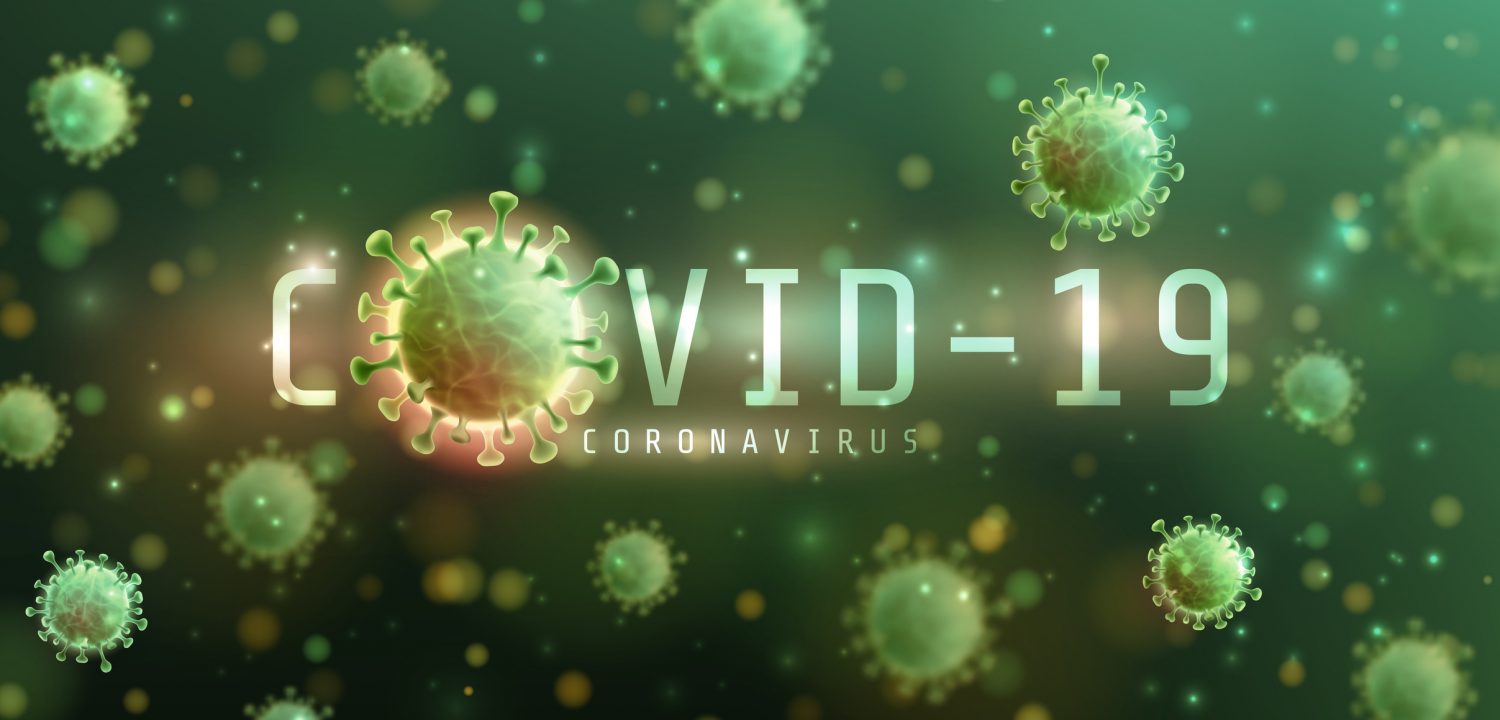
At Meuser, Yackley & Rowland, P.A. we are keeping a very close eye on the evolving situation regarding Coronavirus (COVID-19) and its impact on our clients. Please keep in mind that as the situation changes, we all are prepared to adjust and be flexible.
We are fielding a lot of questions lately about what options our law enforcement clients and other first responders have in light of the risk of exposure to Coronavirus. The following is what we currently know from the CDC:
- Symptoms may appear anywhere between 2 to 14 days after exposure.
- Symptoms can include fever, cough, difficulty breathing, and shortness of breath.
- The virus is thought to spread mainly from person-to-person via respiratory droplets among close contacts. Respiratory droplets are produced when an infected person coughs or sneezes and can land in the mouths or noses, or possibly be inhaled into the lungs, of people who are nearby. Close contact may include:
- Being within approximately 6 feet of an individual with COVID-19 for a prolonged period of time.
- Having direct contact with body fluids (such as blood, phlegm, and respiratory droplets) from an individual with COVID-19.
The CDC’s current recommendations for law enforcement include the following preventative measures:
- If possible, maintain a distance of at least 6 feet.
- Practice proper hand hygiene. Wash your hands with soap and water for at least 20 seconds. If soap and water are not readily available and illicit drugs are NOT suspected to be present, use an alcohol-based hand sanitizer with at least 60% alcohol.
- Do not touch your face with unwashed hands.
- Have a trained Emergency Medical Service/ Emergency Medical Technician (EMS/EMT) assess and transport anyone you think might have COVID-19 to a healthcare facility.
- Ensure only trained personnel wearing appropriate personal protective equipment (PPE) have contact with individuals who have or may have COVID-19.
- Learn your employer’s plan for exposure control and participate in all-hands training on the use of PPE for respiratory protection, if available.
Our current recommendations:
- First and foremost – follow your department’s policy regarding testing, monitoring for and/or reporting symptoms, taking sick time, and self-quarantine in the event of exposure. All other details can be sorted out after the fact.
- Currently, the CDC does not have specific recommendations for testing or self-quarantine for first responders after a known exposure – protocol is going to be determined on a department-by-department basis.
- Document any and all encounters where you may have come into contact with anyone experiencing an upper respiratory illness. Make note of symptoms you observed, as well as hands-on or close contact you had with the individual, whether it is in the context of an emergency medical call, or an enforcement situation.
What are your rights in the event you come into contact with or contract Coronavirus?
This is very much an evolving situation. While the law is not clear on the circumstances or guidance on workers’ compensation, we want to reiterate that the number one priority is protecting the safety and health of first responders. In order to do that, we recommend that you follow your department’s policies. In the event that you are required to undergo testing for COVID-19 per your department’s policies, we believe that the cost of testing would generally be covered by either the employer or their workers’ compensation insurer, regardless of whether you are ultimately confirmed to have the virus or not. Note that if you undergo testing outside your department’s policies, you may be able to obtain a test at no cost or at a reduced cost through other means. If you do subsequently test positive for the virus, any and all medical care should also be covered by workers’ compensation. If you miss time off work either due to being ill with Coronavirus, or being self-quarantined per your department’s policy, that time off work (beyond the 3-day waiting period) should also be covered by workers’ compensation. Our firm cautions that self-quarantining without your employer’s approval, or getting a coronavirus test outside of your employer’s policies may not be covered. We remind you that the most important thing is to be careful, be smart, and do what you need to do to protect yourself. The legalities can always be sorted out after the fact. If you find yourself in a situation where you have a good reason to get tested or to self-quarantine, but your employer is unsupportive, the Meuser, Yackley & Rowland team can offer guidance on a case-by-case basis.
